
The Caribbean’s first Fisher House will offer free lodging to veterans’ families near San Juan VA Medical Center. #NewsismyBusiness

Ready your continuity plans, risk assessments and communication strategies. #NewsismyBusiness
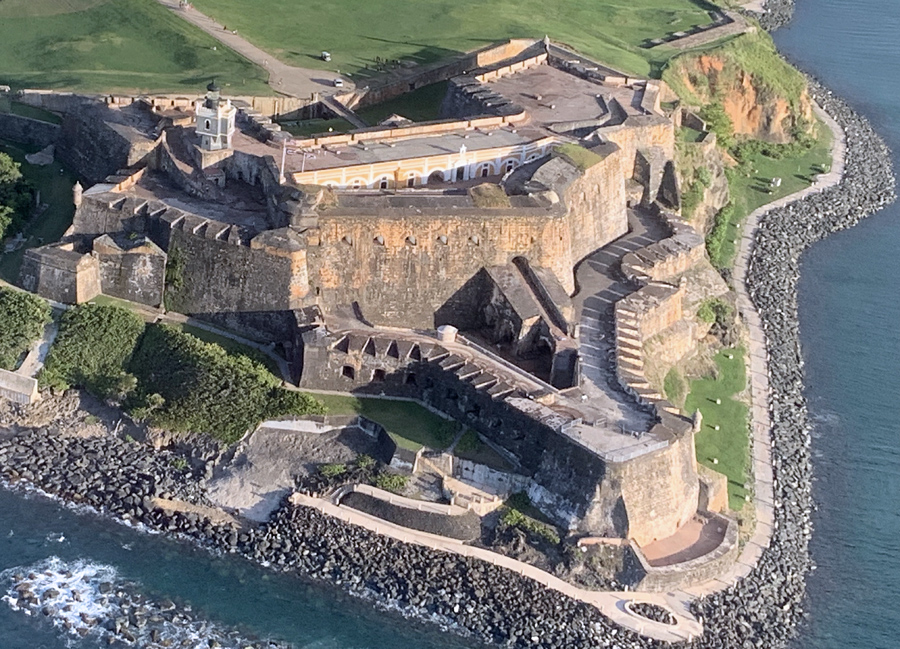
A 2023 National Park Service report finds that slightly more than 1.3 million visitors support 1,752 jobs. #NewsismyBusiness

This is one of a series of investigative stories published by the Center for Investigative Journalism as part of its Caribe Fest 2024 event taking place this weekend at the Puerto Rico Museum of Contemporary Art in Santurce. #NewsismyBusiness
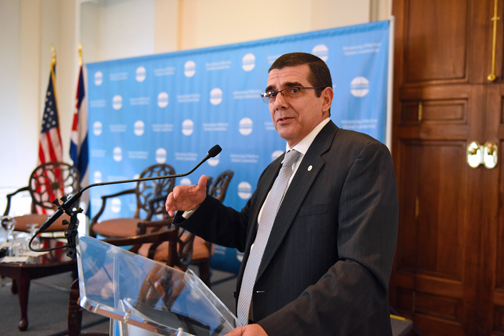
The United States has “moved beyond” the debate over whether it’s time to improve relations with Cuba.
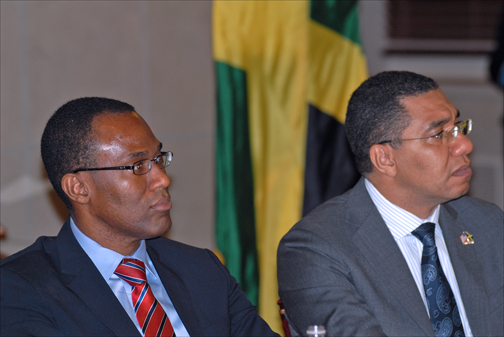
WASHINGTON — Jamaican Prime Minister Andrew Holness, who took office only two months ago, visited Washington last week along with his top economic aide to pitch the Caribbean island nation as an ideal destination for U.S. investment.
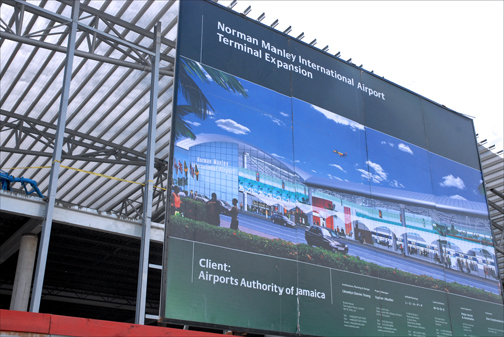
Jamaica, which recently inaugurated a new prime minister, expects “substantial growth” in tourist arrivals this year.
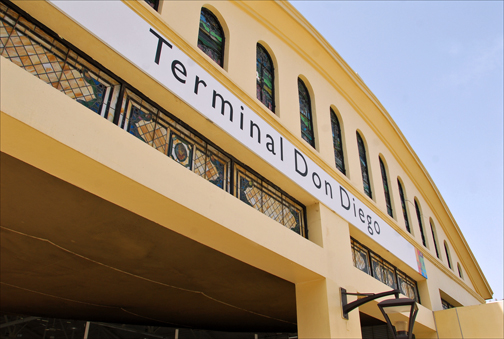
The Dominican Republic is on track to meet or exceed President Danilo Medina’s goal of welcoming 10 million visitors annually by 2022 — solidifying its status as the undisputed leader in Caribbean mass-market tourism.
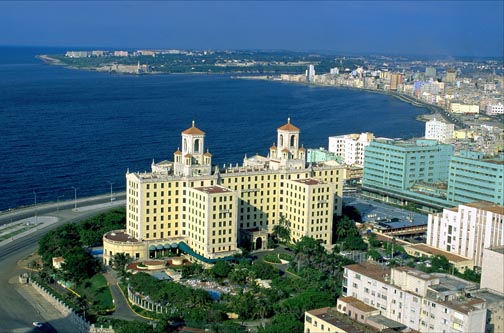
Later this year, for the first time in more than half a century, American tourists will be able to hop on a jet from any major U.S. airport and fly directly to Havana.
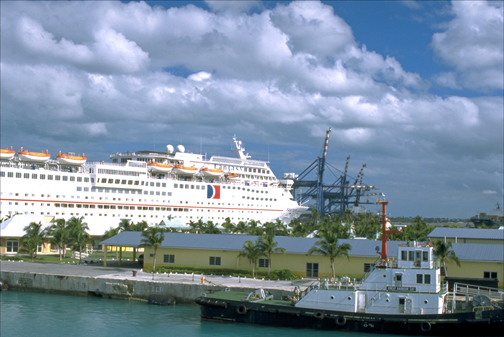
The Bahamas is still trying to get back on its feet ever since last year’s Baha Mar scandal, in which a $3.5 billion mega-resort on Nassau’s Cable Beach largely financed by China’s Export-Import Bank shut its doors and declare bankruptcy even before opening.

The two biggest threats facing Caribbean tourism today are four-letter words: Cuba and Zika. Both unnerve officials throughout the region, for very different reasons.

WASHINGTON — From salmon farming in southern Chile to shipbuilding in landlocked Paraguay, Japanese companies are pursuing investments throughout Latin America — with an eye toward future opportunities under the Trans-Pacific Partnership.

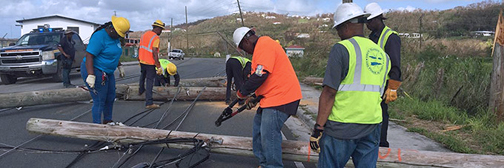
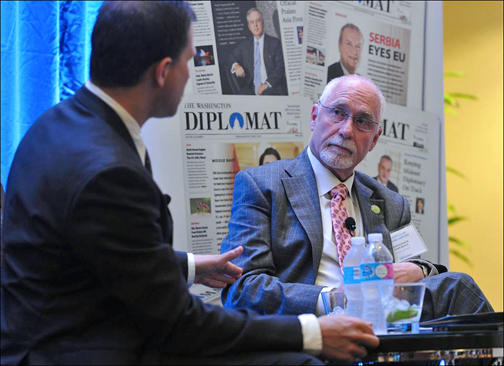
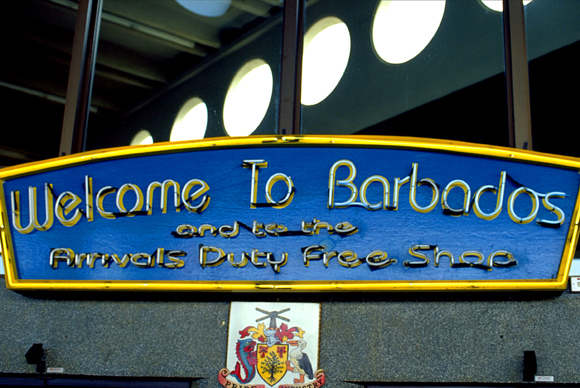



NIMB ON SOCIAL MEDIA